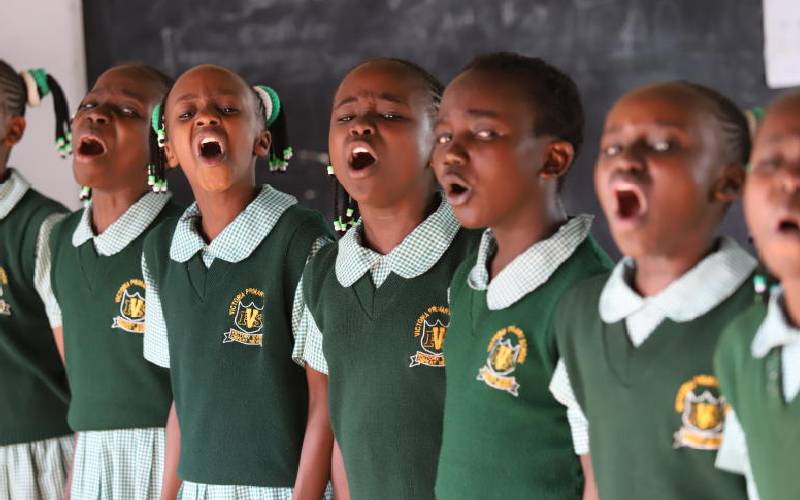×
The Standard e-Paper
Home To Bold Columnists

This caning issue is becoming an absolute pain in the backside. First of all, the people at the forefront of the ‘bring discipline back’ campaign are the most bad-mannered, and yet they grew up in a time when caning school children was still lawful